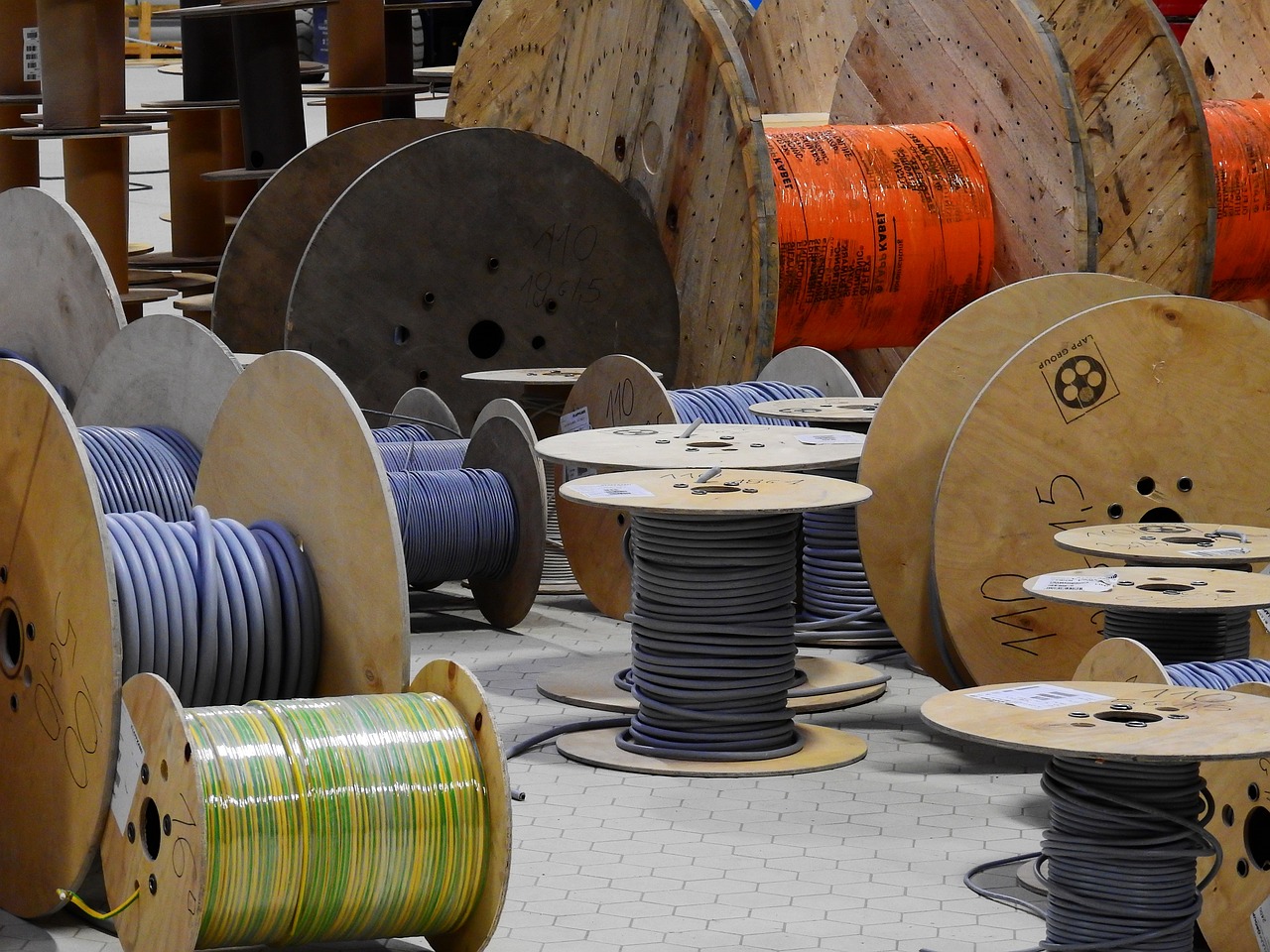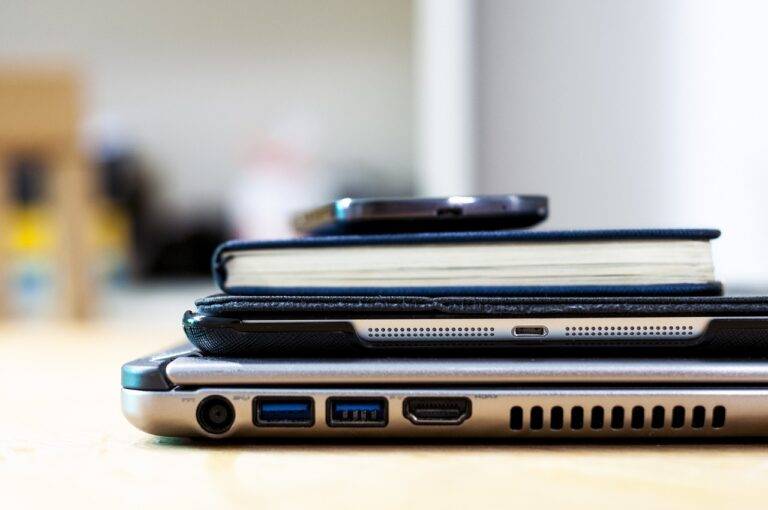How Tech is Changing the World of Gardening
Smart irrigation systems offer an array of advantages to both residential and commercial property owners. By utilizing advanced technology to precisely deliver water to plants based on their specific needs, these systems promote water conservation. They also help to prevent over-watering, which can lead to water wastage and potential damage to plant roots.
Additionally, smart irrigation systems provide convenience and efficiency by allowing users to remotely control and monitor their irrigation schedules. By adjusting settings through a user-friendly interface, property owners can ensure that their plants receive the optimal amount of water at the right times. This not only saves time and effort but also promotes healthier and more vibrant plant growth.
Enhanced Plant Monitoring with Sensor Technology
Sensor technology has revolutionized the way plants are monitored in agricultural settings. By using a network of sensors, various aspects of plant health and growth can be closely tracked and analyzed. These sensors provide real-time data on crucial elements such as soil moisture levels, temperature, and nutrient content, allowing farmers to make informed decisions to optimize plant growth.
In addition to providing valuable data on environmental conditions, sensor technology also enables early detection of potential issues such as pest infestations or diseases. With the ability to monitor plant health at such a detailed level, farmers can take preemptive measures to address problems before they escalate, ultimately leading to healthier crops and increased yields. The integration of sensor technology in plant monitoring not only enhances efficiency but also plays a key role in sustainable agriculture practices.
What are some benefits of smart irrigation systems?
Smart irrigation systems help conserve water by ensuring plants receive the right amount of water at the right time. They also can save time and money by automating the watering process and detecting leaks or malfunctions.
How does sensor technology enhance plant monitoring?
Sensor technology allows for real-time monitoring of plant health, soil moisture levels, temperature, and other important factors. This data can be used to make informed decisions about watering, fertilizing, and pest control.
Are smart irrigation systems easy to install and use?
Yes, many smart irrigation systems are designed to be easy to install and user-friendly. They typically come with instructions and can be controlled remotely through a smartphone app.
Can sensor technology be used for indoor plants as well?
Yes, sensor technology can be used for both indoor and outdoor plants. There are sensors available that can monitor conditions in potted plants, greenhouses, or other indoor environments.
Are there any downsides to using sensor technology for plant monitoring?
Some potential downsides of sensor technology include initial costs for purchasing and installing the sensors, as well as the need to regularly calibrate and maintain the devices. Additionally, some users may find the data provided by sensors overwhelming or difficult to interpret.





